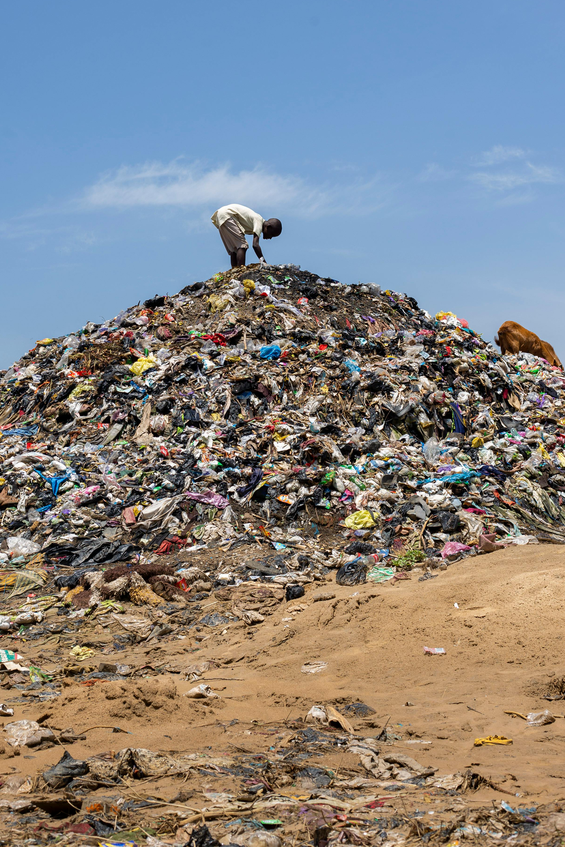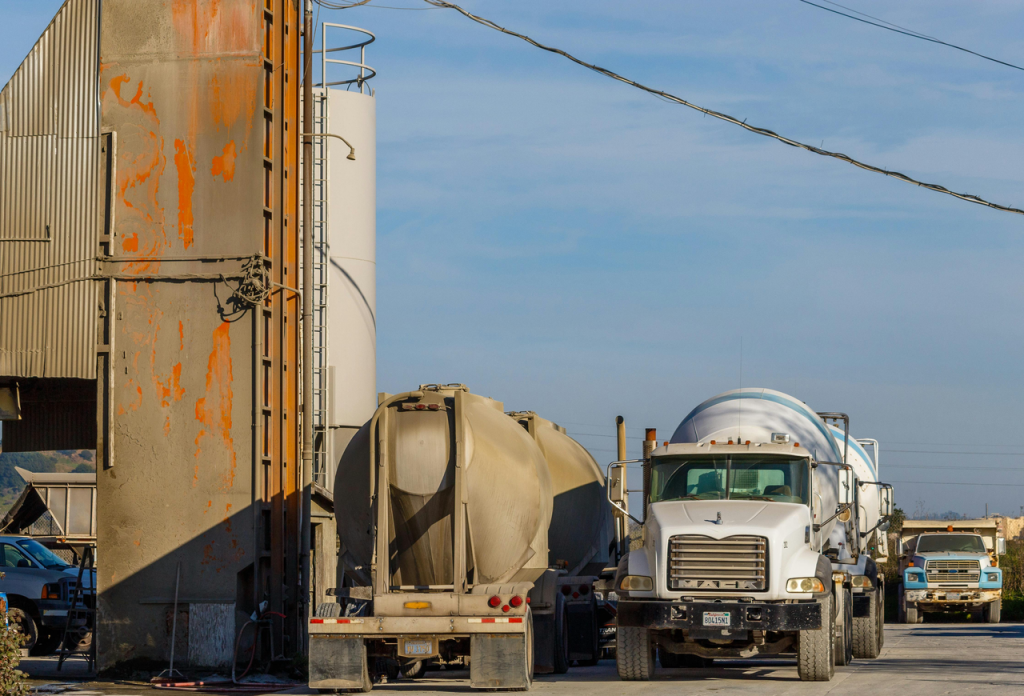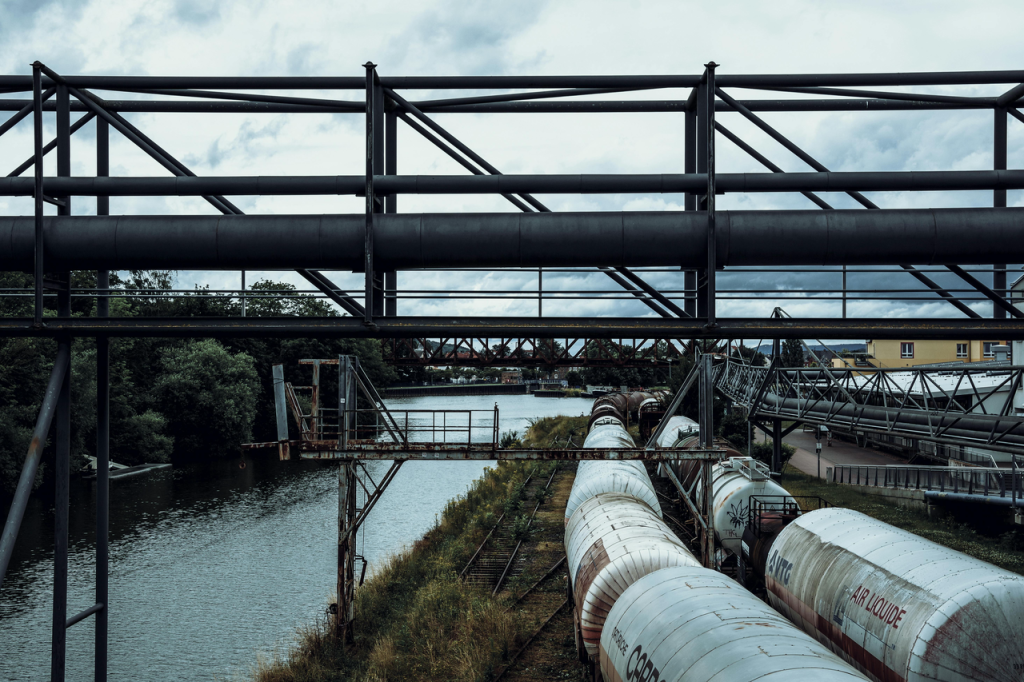The petrochemical supply chain is a complex network that spans the globe, connecting raw material suppliers, manufacturers, and end-users. While it plays a critical role in powering industries and economies, it also faces numerous challenges, from logistical bottlenecks to environmental concerns. The Ambani Group, a global leader in petrochemical logistics, is addressing these challenges with innovative solutions that ensure efficiency, reliability, and sustainability.
This article explores the key challenges in the petrochemical supply chain, the Ambani Group’s logistics expertise, and how their innovative petrochemical logistics are reshaping the industry.
Challenges in the Petrochemical Supply Chain
The petrochemical supply chain faces significant challenges that disrupt operations and increase costs. These include logistical bottlenecks, regulatory compliance, supply chain visibility, and sustainability concerns.
1. Logistical Bottlenecks
Transporting petrochemical products requires specialized infrastructure like tankers and pipelines, which are prone to delays due to weather, geopolitical issues, or port congestion. These bottlenecks increase lead times and costs, disrupting the entire supply chain.

2. Regulatory Compliance
Stricter environmental regulations and trade restrictions, such as tariffs and sanctions, complicated operations and increased costs. Companies must invest in sustainable practices and navigate complex trade policies to remain compliant.

3. Supply Chain Visibility
Limited real-time tracking and fragmented data systems lead to inefficiencies like overstocking or stockouts. Without visibility, companies struggle to coordinate and make informed decisions, impacting production schedules.

4. Sustainability Concerns
The industry faces pressure to reduce carbon emissions and manage waste effectively. Improper handling of byproducts, such as plastic waste, harms ecosystems, while transportation contributes significantly to greenhouse gas emissions.

Ambani Group’s Innovative Solutions for the Petrochemical Supply Chain
The Ambani Group is leveraging its logistics expertise and cutting-edge technologies to address these challenges and create a more efficient and sustainable supply chain.
- Advanced Logistics Technologies
The group is using innovative petrochemical logistics solutions to streamline operations and enhance supply chain visibility.
- AI and Predictive Analytics: AI-powered tools analyze data to predict demand, optimize routes, and reduce transportation delays.
- Impact: Reduces lead times by 20% and improves delivery accuracy.
- IoT-Enabled Tracking: IoT sensors provide real-time tracking of shipments, ensuring transparency and reducing the risk of delays.
- Impact: Enhances supply chain visibility and reduces losses due to theft or damage.

- Sustainable Logistics Practices
The group is committed to reducing the environmental impact of its supply chain through eco-friendly practices.
- Green Transportation: The group is transitioning to low-emission vehicles and optimizing routes to reduce fuel consumption.
- Impact: Cuts carbon emissions by 15% annually.
- Waste Reduction: The group is implementing recycling programs and waste management systems to minimize environmental impact.
- Impact: Diverts 500,000 tons of waste from landfills annually.

- Strategic Partnerships and Infrastructure
The group is building strategic partnerships and investing in infrastructure to overcome logistical bottlenecks.
- Port Optimization: The group has partnered with major ports to streamline loading and unloading processes, reducing congestion and delays.
- Impact: Improves turnaround time by 25%.
- Pipeline Networks: The group is expanding its pipeline networks to ensure efficient and cost-effective transportation of petrochemical products.
- Impact: Reduces transportation costs by 30%.

- Regulatory Compliance and Risk Management
The group is proactively addressing regulatory challenges and mitigating risks through robust compliance programs.
- Compliance Automation: The group uses automated systems to ensure adherence to environmental and trade regulations.
- Impact: Reduces compliance-related delays by 40%.
- Risk Mitigation Strategies: The group employs predictive analytics to identify and mitigate potential risks, such as geopolitical disruptions or supply shortages.
- Impact: Ensures uninterrupted supply chain operations.

Impact of Ambani Group’s Supply Chain Solutions
The Ambani Group is revolutionizing the petrochemical supply chain with innovative logistics strategies that enhance efficiency, improve sustainability, and set new industry standards. Here’s how their solutions are making a significant impact:
1. Enhanced Efficiency
By leveraging advanced technologies like IoT, AI, and blockchain, the Ambani Group has streamlined supply chain operations, reducing lead times and transportation costs. Their optimized logistics infrastructure ensures timely delivery of petrochemical products, improving overall supply chain efficiency.
2. Improved Sustainability
The group’s eco-friendly practices, such as using renewable energy for transportation and adopting circular economy principles, are significantly reducing carbon emissions and waste. These initiatives contribute to a more sustainable petrochemical industry, aligning with global environmental goals.
3. Industry Leadership
The Ambani Group’s logistics expertise is setting new benchmarks for the petrochemical supply chain, inspiring other companies to adopt innovative solutions. Their commitment to efficiency and sustainability is driving industry-wide transformation and raising the bar for operational excellence.
Conclusion
The Ambani Group is redefining the petrochemical supply chain through its innovative logistics solutions and logistics expertise. By addressing challenges like logistical bottlenecks, regulatory compliance, and sustainability concerns, the group is ensuring a more efficient, reliable, and eco-friendly supply chain.
As the petrochemical industry continues to evolve, the Ambani Group’s supply chain solutions will play a crucial role in shaping its future.
Join the Movement for a Smarter, Greener Supply Chain
Whether you’re an industry professional, a policymaker, or simply an advocate for sustainability, now is the time to embrace the transformative power of innovative petrochemical logistics. Explore the Ambani Group’s initiatives and discover how you can contribute to a world powered by efficiency, reliability, and sustainability. Together, we can make a difference.
References
- International Energy Agency (IEA). (2023). Global Energy Outlook.
https://www.iea.org/reports/global-energy-outlook-2023 - McKinsey & Company. (2023). The Future of Petrochemical Logistics.
https://www.mckinsey.com/business-functions/operations/our-insights/the-future-of-petrochemical-logistics